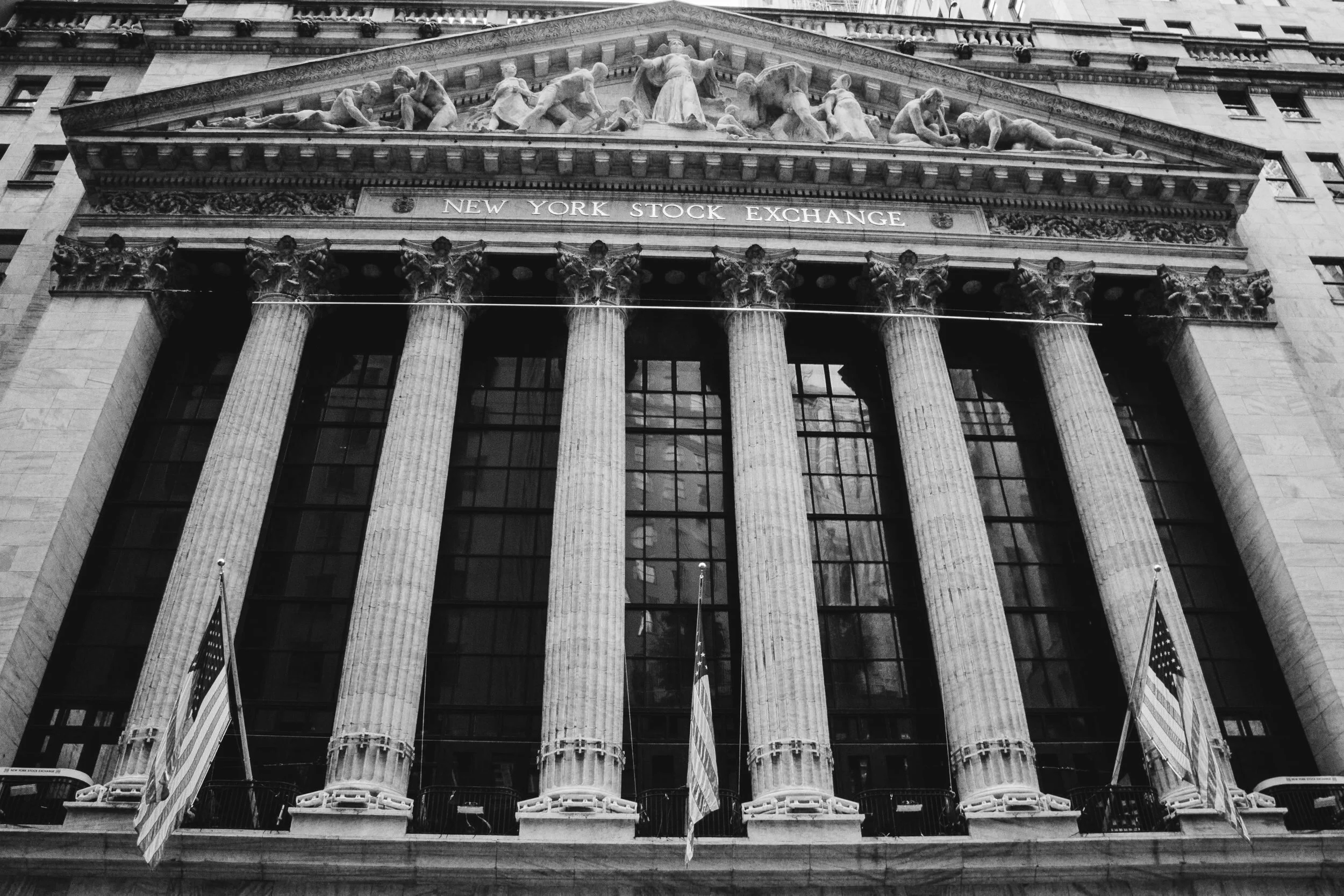Not Enough Superlatives
It is hard to find enough superlatives to describe the economic carnage from the COVID-19 crisis. It is amazing how much a microscopic organism can shock our world.
Gross Domestic Product (GDP) fell 9.5% (32.9% annualized rate) in Q2, a dismal quarter for U.S. economic output and the worst decline in recorded history. The second largest drop in GDP was in 1921.
The unemployment rate in the U.S. surpassed 14% in April. Through mid-July, 16.1 million people claimed unemployment benefits, over 2.5 times the number at the worst of the 2008-2009 recession. The road ahead will be challenging as those 16.1 million unemployed are competing for only 5.3 million current job openings.
While low wage workers have felt the worst of the economic impact, corporations have also struggled. With over three-quarters of the S&P 500 companies reporting Q2 results, corporate earnings have declined 34%. Despite the horrible economic backdrop, optimism over stocks continues to climb. While company reports were dire, they were actually better than expected. Eighty percent of the companies in the S&P reported better earnings than analysts had forecast. As a result, global stocks gained 5.3% in July on top of the 19.4% return in the second quarter.
Clearly, it will take time for the economy to recover from COVID. The financial markets, however, work faster and continue to anticipate a recovery despite the terrible fundamentals.
Many of those gains in stocks have been in a handful of companies - Microsoft, Apple, Amazon, Facebook, and Google. Enthusiasm for these companies has propelled the market values of these already behemoth companies. The macro-backdrop of low interest rates and low expectations for economic growth has made these large companies even more enticing to investors, driving their market values higher. The thinking goes, when growth is hard to come by, better stick with those who have delivered it in the past.
These five stocks now represent over 20% of the S&P 500 index, which contains over 495 other stocks that get much less attention. If these five companies formed their own country, it would be the 19th largest by revenue, ahead of Saudi Arabia, Switzerland, and Sweden.
WHAT IT ALL MEANS
A financial market characterized by very low interest rates and a challenging macro-backdrop has resulted in a handful of companies driving the returns in the market. But the TINA - “There Is No Alternative” – strategy of buying large technology stocks because of the absence of other options can be dangerous. Mistakes are made when investors extrapolate too much success too far in the future. It happened before, and it can happen again.
At times like these, it is important to stay grounded in a diversified strategy, regardless of the temptation to pile into whatever is going up the most. We believe exposure to stocks should be broad-based, not just large technology companies and not just companies in the S&P 500. A diversified strategy should also include small company stocks and shares of international companies too.
Sticking to a disciplined strategy can be a challenge in a highly uncertain time. Whether you are in an accumulation phase of life or drawing on an existing nest egg, don’t be distracted by the constant noise of today’s news. As always, a strategy you can stick to will fit your life and your needs.
Contact us at 865-584-1850 or info@proffittgoodson.com
Please see disclosures


